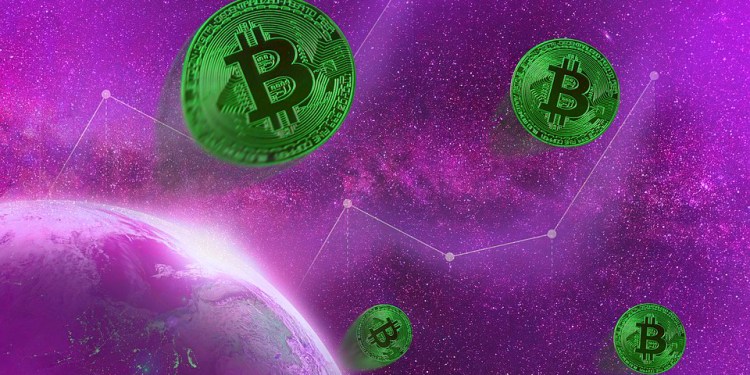Can I pay my bills with Bitcoin? It’s a question that’s being asked more and more as cryptocurrencies gain momentum and popularity in the mainstream.
It is possible to pay your bills with Bitcoin, but the way you do it has a lot to do with where you live.
If you live in Australia, you can access Living Room of Satoshi, the most comprehensive platform to date for cryptocurrency payments. You can pay your bills with Bitcoin, Bitcoin Cash, Ethereum, Litecoin, Dash, Bitcore, Monero, Ethereum Classic, PIVX, Zcash, Steem and Dogecoin.

Living Room of Satoshi allows users to pay any bill including rent, credit cards, phone bills, electricity bills, school fees, and tax payments, by converting the cryptocurrency of their choice to AUD.
Founded in May 2014, the Queensland-based company was awarded “Best New Startup in Australia” at a national awards ceremony. When the company began, it sought to take on main rival BPAY, an online payment platform owned by the Big 4 Australian banks. Living Room for Satoshi has since processed over $400,000 AUD in Bitcoin.
The site graphs a breakdown of categories by payment, showing widespread usage across multiple sectors. Credit card payments are the largest sector, followed by phone/internet payments and utility bills. Users are also using the platform to pay loans, fines, toll roads and insurances.

For US users, Welto’s integratration with Coinbase in October 2017 was a milestone, as it allows for a complete cryptocurrency bill paying system. The last system that integrated with Coinbase which showed similar promise was Mexico’s Pademobile, which is no longer trending like it was in 2014.
Welto has been building a system that will allow customers to spend their cryptocurrency on real goods and services wherever they want. They recently updated their app on January 17, 2018.
The service started in the US in 2017, and the developers are planning to extend their services worldwide, allowing users to pay their bills directly with Bitcoin, Litecoin, Zencash, Ethereum, Ethereum Classic and Crown with a bill limit of $300 and a flat commission of 2%.
Adoption has been slow with 1,000 – 5,000 downloads on Google Play in part due to taxation woes at Coinbase. Since the IRS seized Coinbase customer account records in 2017 in an effort to identify customers who had invested at least $20,000, any Bitcoin transaction, including payment for a phone bill, is subject to capital gains tax.
Canadians can pay bills through Bylls.
Bitwala, a global blockchain-based payment service is gearing up to re-launch after being shut down in 2015. The company’s blog details why its customers’ bank transfers were disabled. “In offering the Bitwala cards, we had come to rely on WaveCrest, a card issuer with a Visa license. Last week, WaveCrest was forced to disable all of its cards overnight due to its noncompliance with Visa’s rules. This meant that all customers with a Visa card issued by WaveCrest, which includes many other companies, also had their cards disabled.”
Bitwala’s response is to move ahead with a full-service crypto bank that will shield it from tradition plug-pulling tactics by traditional banks. They state, “Countless crypto companies have had to shut down because of lack of access to financial services. This fear of banks pulling the plugs on anything crypto-related is very real and is a fear that our industry lives in. This puts further emphasis on how the crypto economy needs a strong, independent crypto-first banking foundation. Bitwala will relaunch as a crypto bank.” They expect to relaunch in mid-2018.
The crypto-bill-paying space, which remains largely experimental with limited adoption, has had many players come ago, including Netherlands’ Bas Nederland, which was the first European utility company to accept bitcoins directly. Although new platforms attempting to integrate cryptocurrencies with bill payments are exposing more users to the possibility of making such payments, regulations and taxation on Bitcoin will ultimately determine how and when these payment options will be embraced for everyday transactions.





